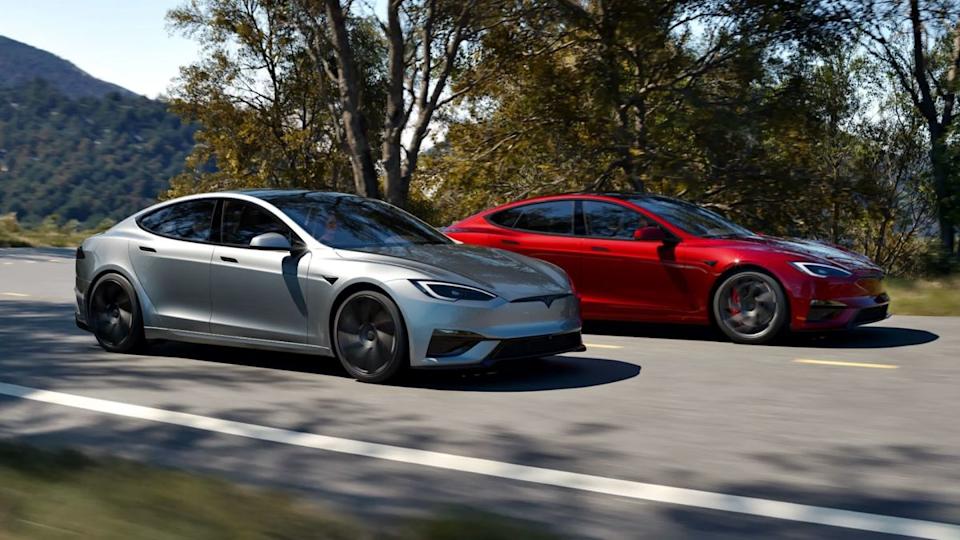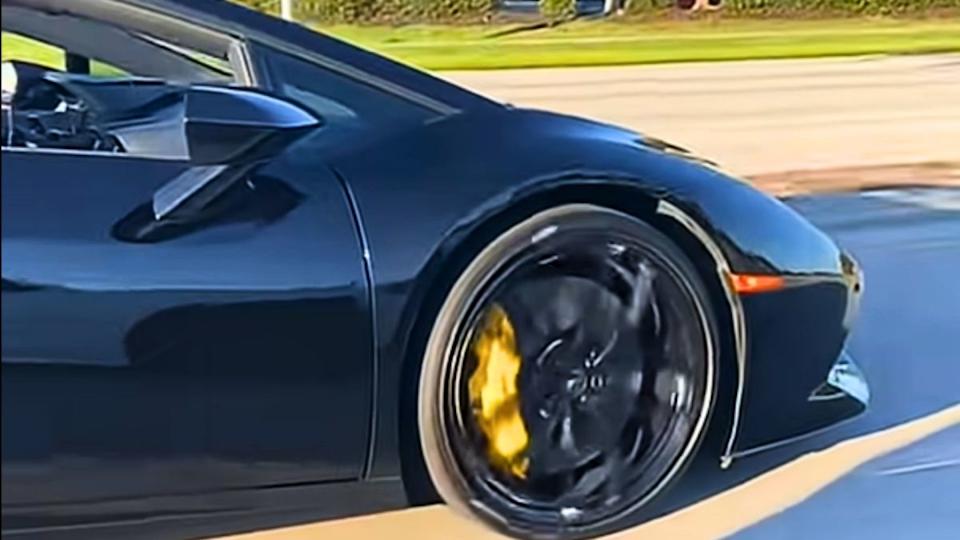
Last Chance: Buy Your EV Before Federal Tax Credits Expire originally appeared on Autoblog.
The clock is ticking on federal EV tax incentives
President Trump’s “big, beautiful bill” has been signed into law, posing significant regulatory changes for those considering buying a new or used electric vehicle (EV). One of, if not the biggest, change is the bill’s elimination of federal tax credits for new and used EV purchases. The federal tax credit for a new EV registration was worth up to $7,500, while a used EV purchase could get you a $4,000 federal tax write-off, or 30% of the purchase price, whichever was lower.
A new EV must contain a battery capacity of at least 7 kilowatt-hours (kWh), weigh under 14,000 lbs, undergo final assembly in North America, and meet other requirements in areas like critical mineral sourcing and price caps. Qualifying for a used EV tax credit is more straightforward, but the total sale cost needs to be $25,000 or less, limiting options for buyers. Pre-owned EVs also had to meet the same weight and battery requirements as new electric car purchases, be a 2023 model year or older, be transferred after August 16, 2022, and be bought from a licensed dealer. However, Trump’s bill doesn’t end federal EV tax incentives until after September 30, so shoppers still have some time to capitalize.
 Rivian R1S models for sale Getty
Rivian R1S models for sale GettyWhat EV buyers can expect after federal tax credits disappear
Elaine Buckberg, a former General Motors (GM) economist now at Harvard University’s Salata Institute for Climate and Sustainability, predicts that with federal EV credits out the window, around 37% of cars bought through 2030 will be electric, down from 48% if incentives stayed, Bloomberg reports. While Congress’s elimination of federal EV tax credits will dissuade some from buying an electric car, the increasing number of affordable models will help support sales. When the Inflation Reduction Act was signed into law by President Biden in 2022, it extended federal EV tax incentives, and 11 electric models were priced below $47,500. Now, there are 19 models below this cost, displaying how manufacturers are making strides in affordability.
For example, Nissan’s fully redesigned 2026 Leaf is expected to start at around $35,000. According to the automaker’s Q1 investor call, Tesla is scheduled to announce the launch of a more affordable model any day now, and GM has multiple lower-priced EVs in the works, one of which is the next-gen Chevy Bolt. Bloomberg NEF anticipates that U.S. EVs will become as cheap or cheaper than their gas-powered counterparts by around 2028, but many EVs are expected to become more expensive after September 30. Slate Auto, the Jeff Bezos-backed electric auto manufacturer, removed its under $20,000 expected price tag for the company’s upcoming electric pickup, with the automaker noting it initially anticipated its model as qualifying for federal EV tax credits.
 Tesla showroom, San Diego, CaliforniaGetty
Tesla showroom, San Diego, CaliforniaGettyFinal thoughts
EVs will keep getting less expensive in the coming years as automakers learn how to spend less on manufacturing, but many models’ immediate costs are likely to increase with Congress’s elimination of federal tax credits. Dealers and automakers may start offering their own incentives, but these are unlikely to replace the benefits of federal incentives. As the EV market evolves, future Congresses could revisit the issue, considering Biden’s Inflation Reduction Act was only signed a few years ago.
Last Chance: Buy Your EV Before Federal Tax Credits Expire first appeared on Autoblog on Jul 7, 2025
This story was originally reported by Autoblog on Jul 7, 2025, where it first appeared.













